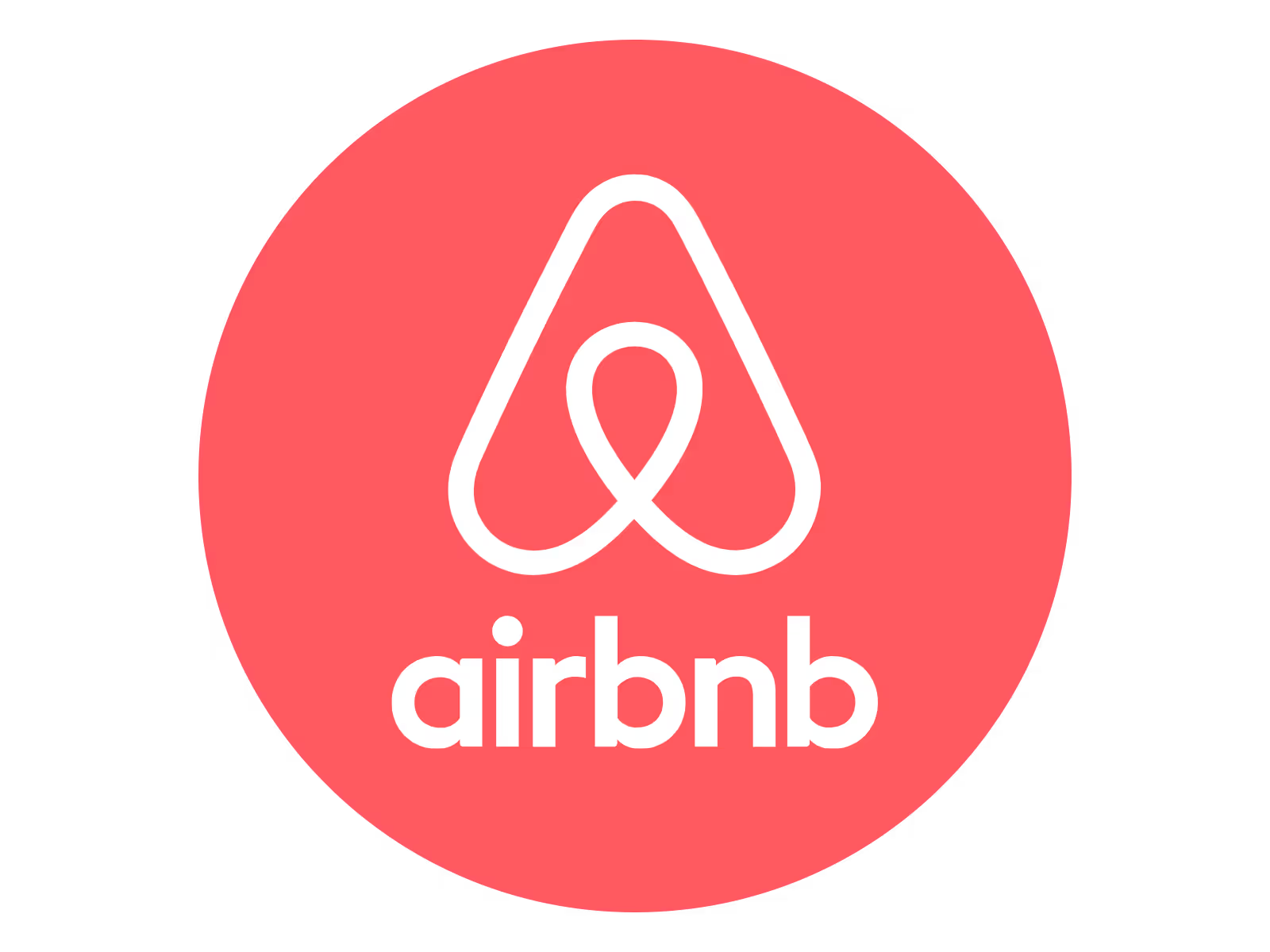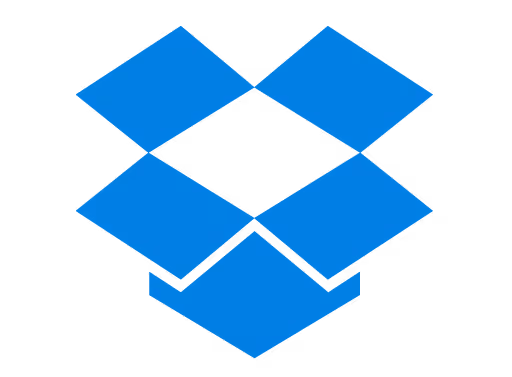Why Startups Need a Pitch Deck
In today’s competitive startup world, having a great idea isn’t enough. You need to communicate your vision clearly to the people who can help you grow, especially investors. This is where a startup pitch deck becomes essential. It’s not just a presentation; it’s your first step toward funding, partnerships, and growth.
What is a Startup Pitch Deck?
A startup pitch deck is a short visual presentation that explains what your startup does, how it plans to grow, and why it deserves investment. It usually includes key business details like your problem, solution, market size, revenue model, team, and financial plans. Founders often use pitch decks during meetings with investors to start funding discussions.
Why a Pitch Deck is Important for a Startup
A strong pitch deck plays a big role in shaping the future of a startup. Here’s why it matters so much:
1. Creates a Strong First Impression
Investors look at hundreds of pitch decks every month. A clean and focused investor pitch deck stands out and helps you get noticed. If it’s cluttered or unclear, your startup may get ignored even if the idea is strong.
2. Tell Your Startup’s Story
A good pitch deck for investors doesn’t just throw numbers. It explains your story, why your startup exists, what problem it solves, and how it plans to make an impact. This emotional connection helps investors remember you.
3. Shows the Business Potential
Your pitch deck must explain how your business will make money and grow. It should show a clear market opportunity, a solid business model, and a unique offering. Startup pitch deck examples like the Airbnb pitch deck are famous because they explained all this clearly and quickly.
4. Builds Trust
A well-designed pitch deck makes you look professional and prepared. It shows you’ve done your homework and are serious about your venture. This builds investor confidence.
5. Opens Doors
Even if your startup doesn’t get funded right away, a compelling startup pitch deck PDF can lead to mentorship, feedback, or future investment opportunities.
What Your Startup Pitch Deck Should Contain
Creating a winning pitch deck is about including the right information, presented simply and visually. Here are the key slides every startup pitch deck should include:
- Introduction: Who you are and what your startup does.
- Problem: What issue does your startup solve?
- Solution: How your product or service solves that problem.
- Market Opportunity: Your target market size and customer profile
- Business Model: How you make money and plan to scale.
- Go-To-Market Strategy: How you will reach and acquire customers.
- Competitive Advantage: What makes your solution better than others?
- Team: Your core team and why they’re the right people for the job.
- Financial Forecast: Key numbers like revenue, costs, and growth projections.
- Funding Request: How much money are you raising, and how will you use it?
Tips to Make Your Pitch Deck Effective
- Keep it Simple and Visual - Avoid long paragraphs. Use visuals like graphs, icons, and charts to communicate faster.
- Tailor it to Your Audience - If you're presenting to angel investors, use one style. For VCs, use another. Adjust the tone, depth, and detail as needed.
- Highlight Your Value Proposition - Focus on what makes your idea special. Why should someone choose your product over others?
- Be Honest and Confident - Don’t exaggerate numbers. Show realistic growth plans backed by data.
- Practice Your Delivery - Know your pitch inside out. Rehearse it so you can present it naturally and answer any questions.
Great Pitch Deck Examples
Creating a standout pitch deck requires more than just information; it’s about telling a compelling story. The best way to understand what works is by studying great pitch deck examples that have helped some of today’s biggest startups secure investor funding. Here are some inspiring real-world examples that showcase what an effective pitch deck looks like:
1. Airbnb

Airbnb’s 2008 pitch deck is a benchmark for clarity and simplicity. It nailed the essential problem, solution, market validation, and business model all within just 10 slides. What made it powerful was its clear value proposition, minimal text, and effective use of visuals. It addressed a real problem (expensive and limited lodging) with a relatable solution (letting locals rent out space), while also backing its claims with market validation and testimonials.
2. Uber

Uber's early pitch deck clearly explained the inefficiencies in traditional taxi services and positioned itself as the solution. Although visually basic, it was strategic in breaking down complex pain points across multiple slides without overwhelming investors. It offered clarity on how Uber would solve transportation problems with a tech-driven, on-demand solution.
3. Dropbox

Dropbox’s pitch deck showed how to turn technical innovation into investor-friendly language. Its product slide explained the value of seamless file-sharing with simple visuals and key questions that the product directly answered. The presentation emphasized how Dropbox differed from existing services, justifying its unique market position.
4. LinkedIn

Though lengthy (37 slides), LinkedIn’s Series B deck effectively used data to validate the market opportunity. It compared itself with competitors and outlined how it would improve upon their models. LinkedIn’s pitch stood out for its in-depth analysis of industry trends, barriers to growth, and strategic roadmap for revenue generation.
5. Intercom

Intercom’s pitch deck took a minimalist approach. Its solution slide, although simple, made the startup’s unique value proposition in the SaaS space easy to grasp. It highlighted core features and how they addressed specific communication gaps for businesses.
6. Moz (formerly SEOmoz)

Moz's 2011 deck excelled in communicating a forward-looking business model. It explained the untapped potential of SEO and organic marketing. Despite some slide clutter, the deck succeeded in educating investors on the niche market and Moz’s monetization strategy.
7. Buffer

Buffer demonstrated excellent use of market adoption proof. Its deck showcased growth metrics, social proof, and a high profit margin, reinforcing the product’s scalability. For pre-revenue or early-stage startups, Buffer’s approach to presenting traction is a great example to emulate.
8. Mint

Mint’s competitor analysis slide is often cited as one of the best in pitch deck history. It outlined what competitors do well, where they fall short, and how Mint fills those gaps. The clear visual layout made it easy for investors to understand Mint’s strategic advantage at a glance.
9. Shopify

Shopify’s investor deck included a detailed financial model that explained current revenue streams and long-term growth projections. While longer than average, it kept investors engaged with strong data storytelling. Shopify’s ability to showcase profitability and future growth potential made its pitch one of the most informative examples available.
10. Snapchat

Snapchat leveraged its media buzz effectively. Its press slide listed major users like MTV, building social proof, and demonstrating wide adoption. This approach helped investors visualize the app’s cultural impact and user engagement.
These pitch decks succeeded not just because of their design or data, but because they told a story that resonated with investors. Whether you're building a startup pitch deck from the ground up or improving an existing one, these examples offer key insights into clarity, structure, and impact.
Real-Life Inspiration
If you’re looking for inspiration, look at great pitch deck examples from companies like Airbnb. The Airbnb pitch deck is one of the most shared startup pitch decks in the world because it was short, clear, and impactful. It focused on problem, solution, business model, and growth, all in 10 slides.



